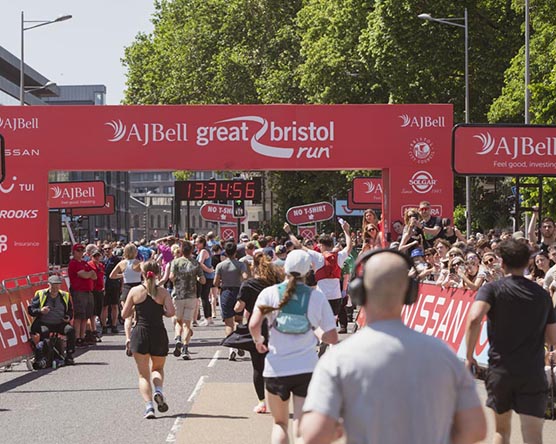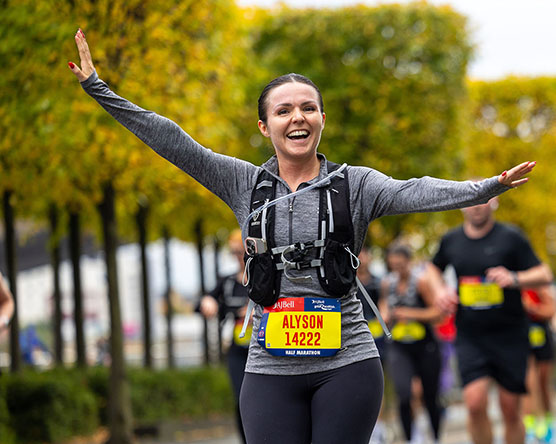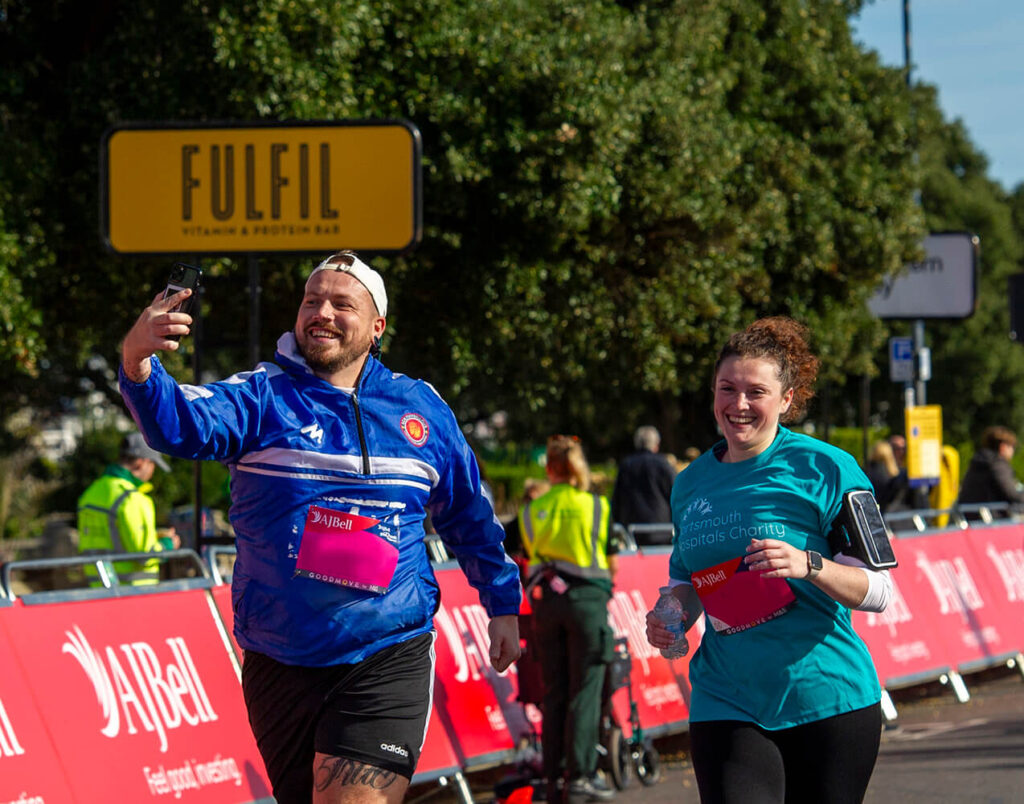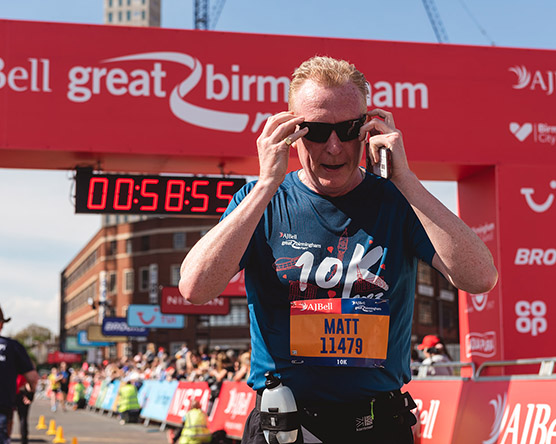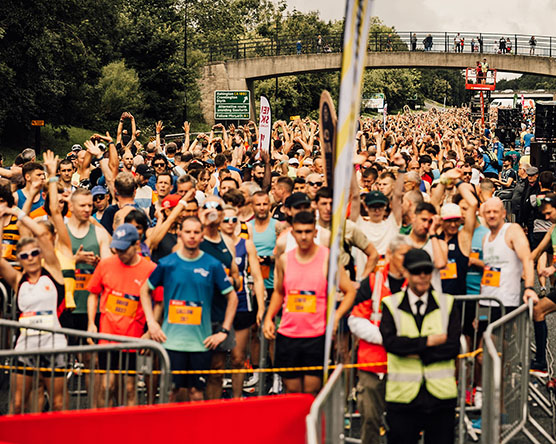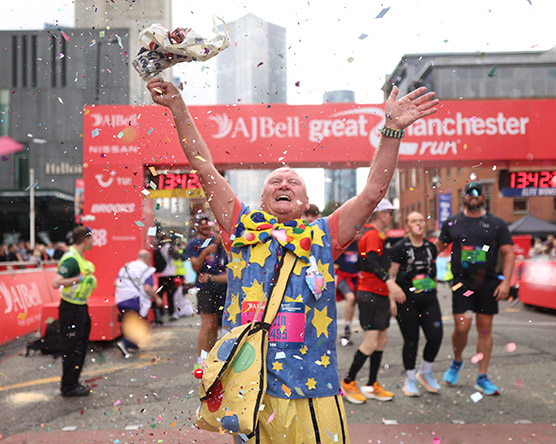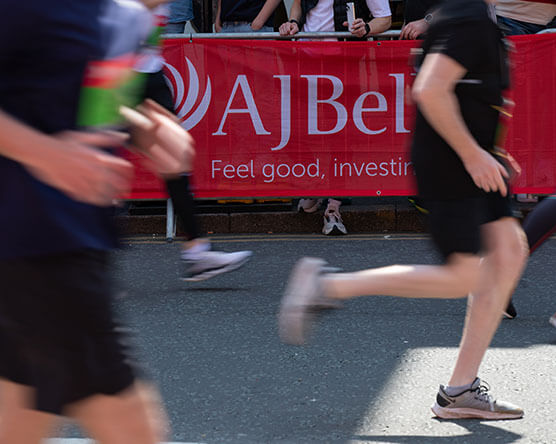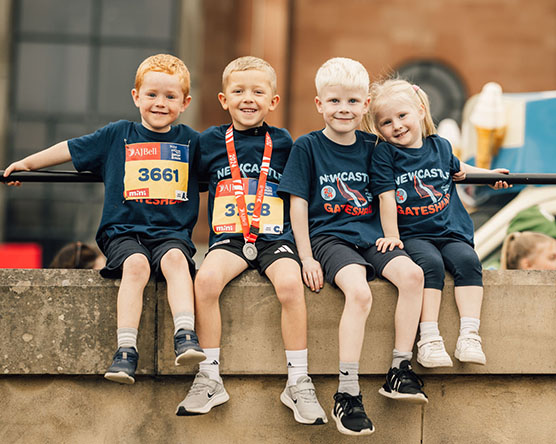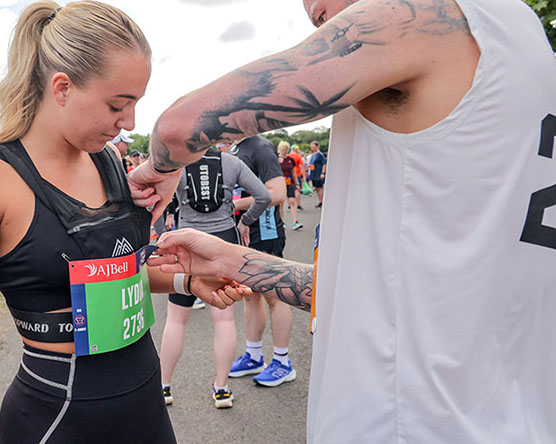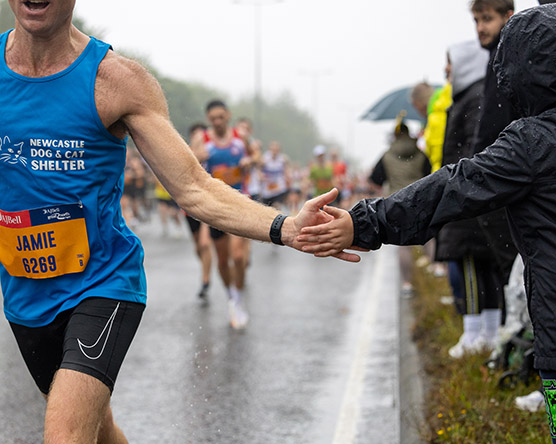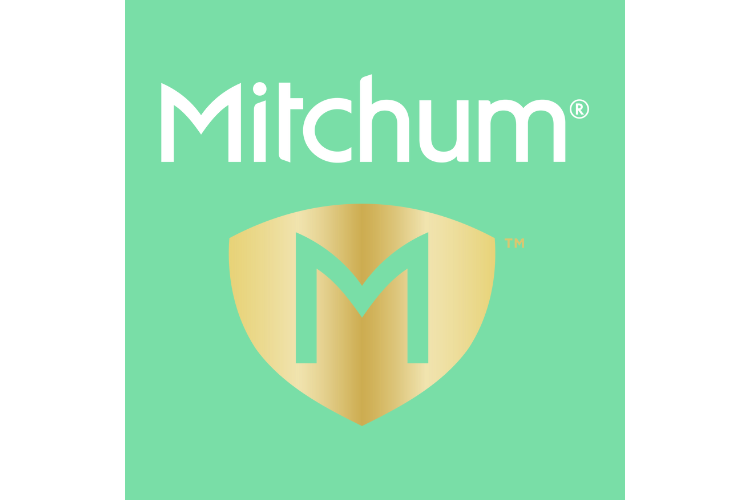There are a lot of running myths out there – from the ones we hear all the time (“running is bad for your joints!”) to the weird and wonderful (“running barefoot reduces injuries!”). We want to help clear up what the real health benefits of running are.
So we thought we’d separate fact from fiction with a rundown of five running myths and find out whether they’re true, false or somewhere in between…
Running is good for cardiovascular health
Well, this sounds difficult to argue with – and that’s because it’s true.
Like a good hair treatment or an oil change for your car, running conditions your cardiovascular system.
It turns out that all that activity leads to an increased heart rate, meaning more blood is pumped to the muscles that need it. Over time, this makes your heart more efficient, leading to good cardiovascular indicators like a lower resting heart rate and lower blood pressure.
And if you want to really maximise the cardiovascular benefits of running? Try interval training. Several studies have shown that mixing up your routine with short, high-intensity intervals is even more effective for boosting aerobic fitness than long, steady runs. Read our guide to interval training here.

Runners always end up injured
There are some pretty alarming stats around on this topic – some studies suggest that between 50 and 70% of regular runners will clock up at least one injury over the course of a year, and other estimates are even higher.
But injury isn’t an inevitability – far from it – and there’s lots you can do to avoid annoying and painful injuries.
By far the most common reason runners face challenges is by trying to do too much, too quickly – and this is especially true if you’re new to running. That early enthusiasm can translate into too many miles – and then additional factors like forgetting your warm-up or tricky terrain and compound things. Following a proper training plan is the best – and easiest – way to avoid these problems.
Other issues can arise because of what’s known as ‘structural imbalances’ – so factors affecting your body. For example, you might have a muscle weakness in a particular area, or one leg that’s slightly longer than the other
Again, to avoid these, stick to a training plan that matches your level of running experience and, most crucially, listen to what your body is telling you. Aches and niggles can be an early sign that something’s not right and, once identified, can be targeted with specific exercises or strategies. Read more advice on avoiding injury.
Running damages your knees – and leads to arthritis
This is one of the most pervasive running myths – and guess what? It’s just plain wrong.
Studies have consistently shown that there’s no relation between running and knee damage – or arthritis, for that matter. As long as you wear proper running shoes with plenty of support, your joints should be protected from the impact of running.
In fact, the opposite is true – lots of investigations suggest that runners have a lower chance of developing knee arthritis, experience less knee pain than inactive people and a lower chance of being classed as disabled in later life. All great reasons to keep on running! Find your perfect running shoe.
Running is for young people
Frankly, it sounds a bit ridiculous to us, and thankfully, we’ve got the evidence to challenge it.
Although sprinters tend to peak in their 20s and elite marathon runners have often seen their top performance by the age of 30, longer distance and ultra runs are often dominated by athletes in their 30s and 40s.
And for those in their 50s, 60s and beyond, there are plenty of reasons to run. As well as the undeniable physical health benefits – cardiovascular conditioning, more flexible joints, improved strength through repetitive weight bearing – there are also significant mental health benefits associated with running, plus the friendships that can develop by joining a club or meeting people through events and races. More on the mental health benefits of running.
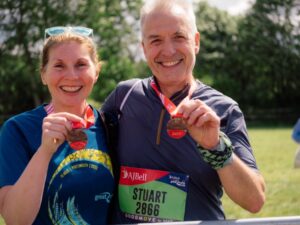
Running is the only exercise you’ll ever need
Although there are countless health benefits associated with running – from speeding up your metabolism to helping you get a good night’s sleep – it’s not the only exercise out there.
And even though we’re passionate advocates for running here at Great Run, other activities like strength training, swimming and yoga can complement your training and help you maximise your running performance while helping you avoid problems like exhaustion and injury.
It also helps banish boredom and means that you’ll have different fitness options to fall back on if injury or ill health temporarily gets in the way of your running. Find out more about strength training here.
So running is great for your health, and it’s even better when you have a goal in mind. Why not set yourself the challenge of running one of our Great Run events?



